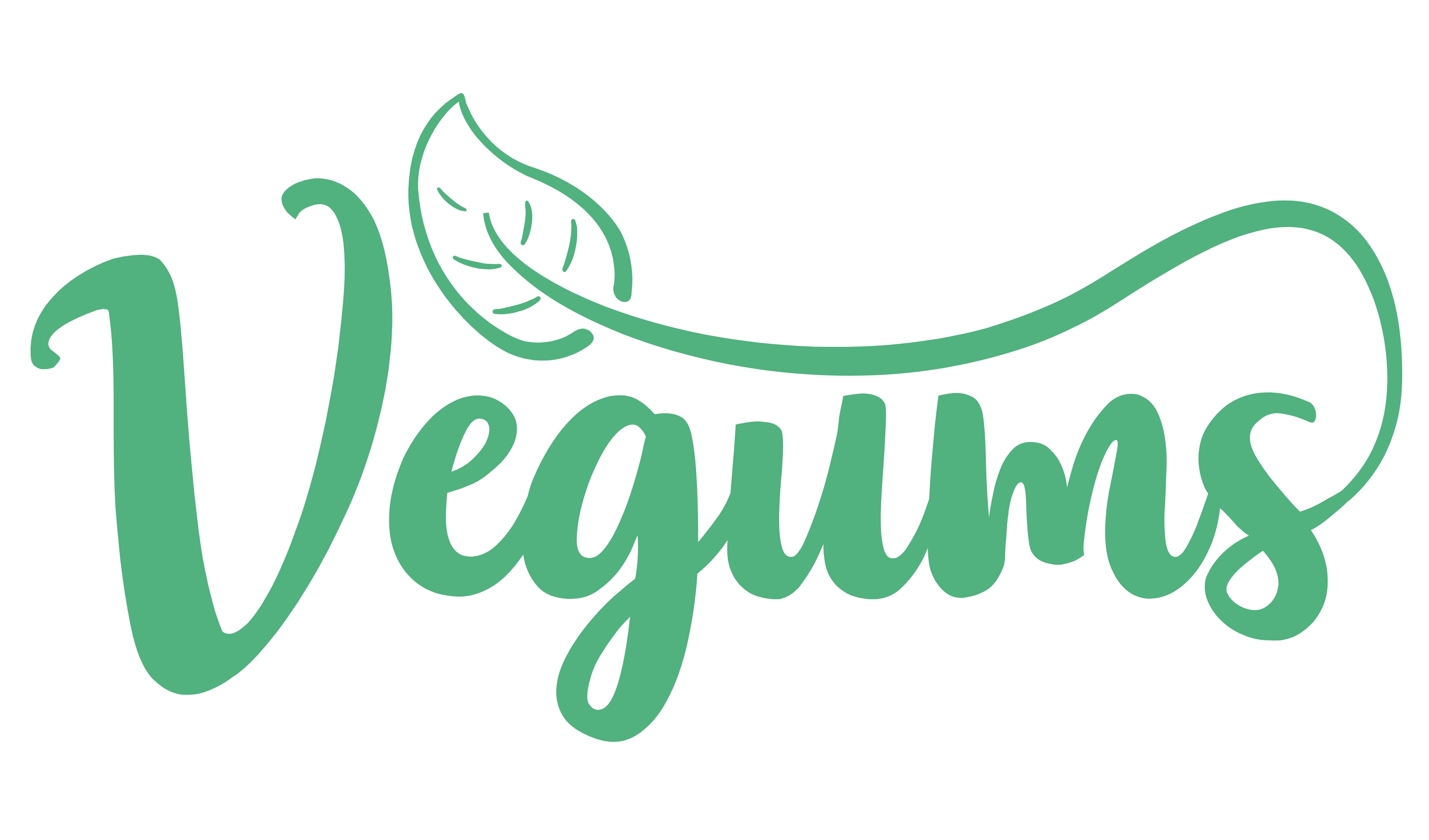Going vegan is an amazing step anyone can make to help look after their health and the health of the planet. When following a vegan diet, you may miss out on some pretty essential nutrients if you don’t come prepared, so we want to help you along and ensure you live your best vegan life!
What is Veganism?
Veganism means avoiding eating animal products and exploiting animals in all parts of life. This means people following a vegan lifestyle not only avoid meat, dairy, honey, and eggs, but they don’t use any animal products such as leather, nor will they participate in horse racing or any other activities that exploit animals for human gain.
The Vegan Society defines veganism as “A way of living which seeks to exclude, as far as is possible and practicable, all forms of exploitation of, and cruelty to, animals for food, clothing or any other purpose.”
What does it mean to be a vegan?
To the average person, a vegan is someone who won’t eat anything from an animal, when in fact, to be a vegan goes much deeper than that.
When someone becomes a vegan, they remove all animal exploitation. Along with this, a lot of vegans campaign for a CO2-neutral world. Eating vegan can generate a 41.7 per cent smaller volume of greenhouse gases than meat-eaters do.
Don’t miss out on B12!
Vitamin B12 is normally present in foods of animal origin, including fish, meat, poultry, eggs, and dairy products. Farmers will have you believe these animals produce it naturally, but what happens is they get it from the plants they eat!
Sadly, due to the standard of farming in the UK, the animals can’t get it naturally from the ground due to environmental damage caused by said farming, so they get injected with B12 to ensure the meat they create has it in.
At Vegums, we’re against the exploitation of animals, so we’ve found a natural source of B12 and added it to our Multivitamin For Vegans. So why do you need B12?
B12 is vital in ensuring the body continues to create red blood cells, keeping the nervous system healthy, allowing the body to take energy from food, and allowing folate to do its job-creating cells.
Luckily, B12 is water-soluble, so if you do consume too much, you’ll just pass it naturally!
Ensure you don’t drop your iron levels!
Iron is vital in ensuring your blood oxygen level remains at the level it requires it to be. Iron is a mineral that’s important for the growth and development of the body. Your body uses iron to make haemoglobin, a protein in red blood cells that carries oxygen from the lungs to all parts of the body. It also helps create myoglobin, a protein that provides the muscles with oxygen.
Without enough iron, your red blood cells can’t carry oxygen to your muscles and the tissues that need it. This then leads to anaemia, which is a condition in which you lack enough healthy red blood cells to carry adequate oxygen to your body’s tissues.
But how do you get protein if you don’t eat meat?
You’ll be pleasantly surprised to learn that Vegans can achieve their protein target very easily.
Eating a varied diet of plant-based foods will give you the required range of amino acids and protein to help nourish and grow your body. High-protein foods you should include in your diet are tofu, tempeh, seitan, and even lentils. (Lentils are great for getting your daily dose of iron!)
These foods are so versatile too. You should get creative in the kitchen and try new ways of cooking foods like tofu. If you fancy kicking up your cooking skills, check out these top-notch tofu recipes: https://greatist.com/health/healthy-tofu-recipes#vegan
But what about the calcium in milk?
Calcium plays a crucial role in your body.
It’s well known for its ability to build and maintain your bones. Yet, calcium is also important for muscle contraction, blood pressure regulation, nerve transmission, and blood clotting. Still, a large percentage of people don’t meet these recommendations, even dairy consumers!
What most people don’t know is that there are loads of great plant-based sources of calcium. Soy foods such as tofu or edamame beans can give you up to 30% of your daily recommended dose in one serving. Top this off with a bunch of leafy green vegetables and your fortified milk alternative, and you won’t need to worry one bit about breaking a bone!
Iodine? What’s Iodine?
Iodine is a mineral found in some foods. Your body needs iodine to make thyroid hormones. These hormones control the body’s metabolism and many other significant functions.
The body also requires thyroid hormones for proper bone and brain development during pregnancy and infancy.
So where do I get iodine on a vegan diet?
Sadly, it can be very difficult to find iodine in plant-based foods. It is predominantly found in dairy and fish products.
Some foods such as green beans and strawberries have a small amount of iodine in them, however, to get the recommended amount, you would have to eat a lot.
At Vegums, we pride ourselves on creating quality supplements tailored to the vegan diet. That’s why with our Multivitamin for Vegans, you’ll get 100% of your iodine intake, plus other essential vitamins such as B12, D3, and Selenium!

